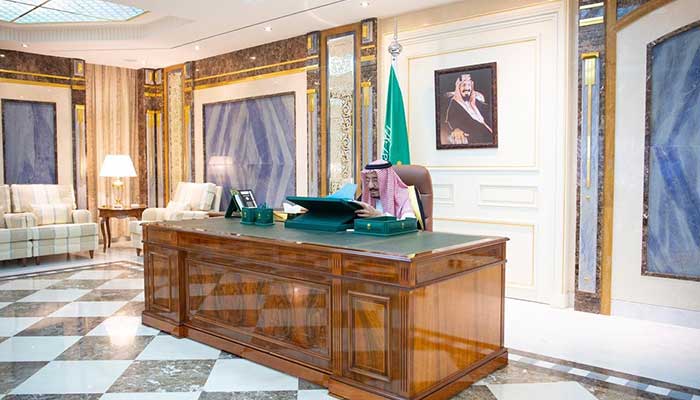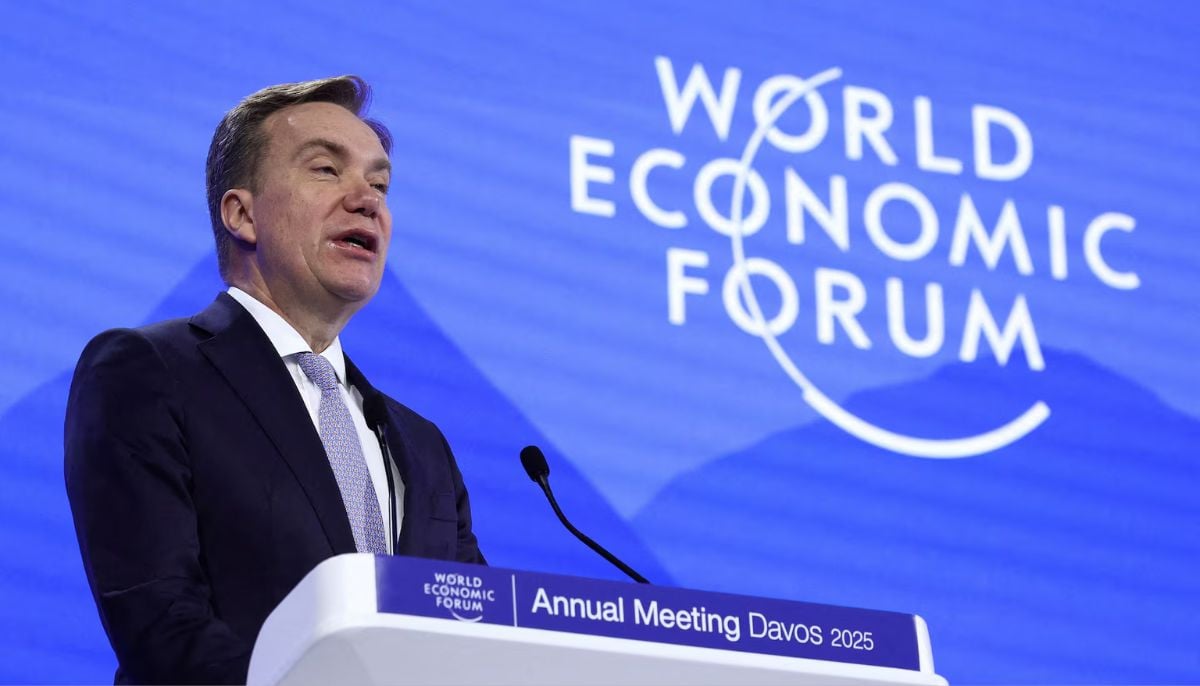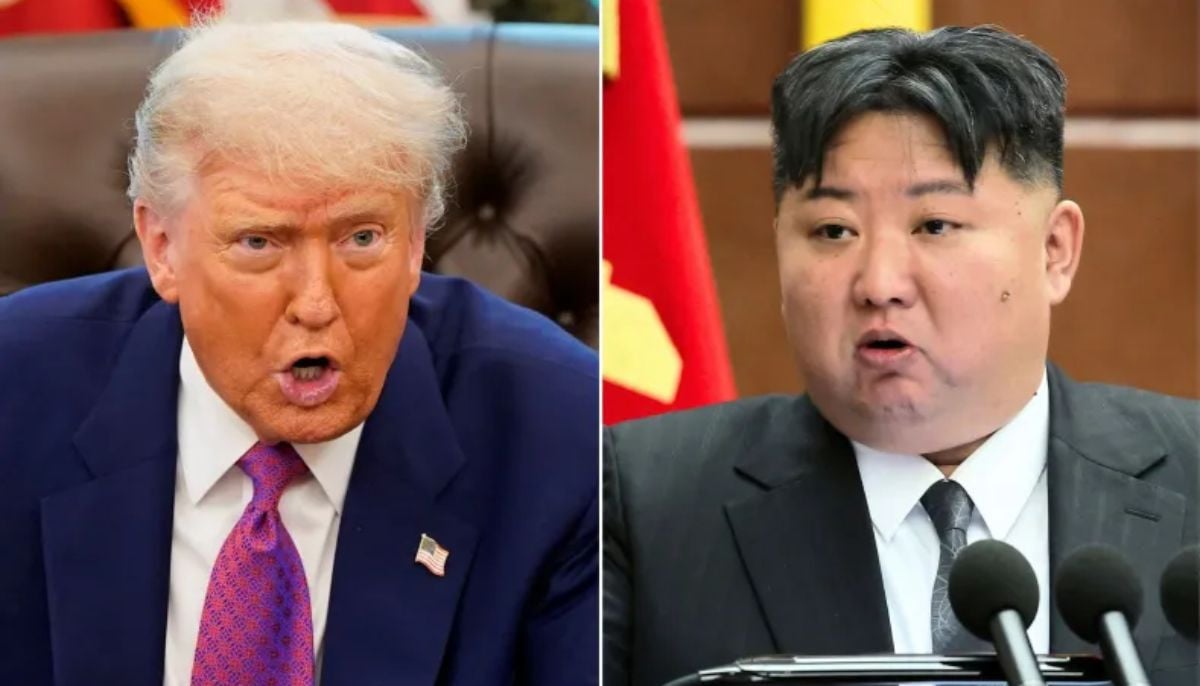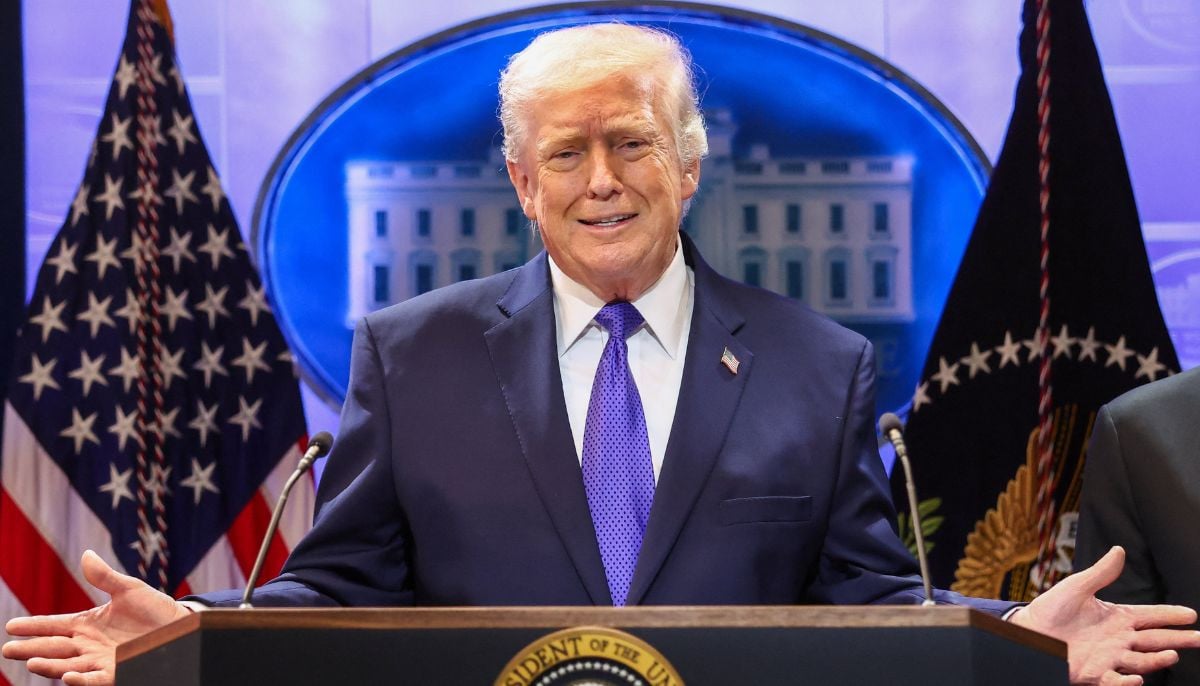Ailing Saudi monarch chairs cabinet meeting from hospital office
The 84-year-old monarch was admitted to hospital on Monday "for some medical tests due to cholecystitis"
RIYADH: Saudi Arabia's ailing monarch King Salman chaired a virtual cabinet meeting from a hospital office late Tuesday, a day after he was admitted because of gall bladder inflammation, the Saudi Press Agency reported.
The cabinet held a virtual meeting, chaired by King Salman "from his office at the King Faisal Specialist Hospital in Riyadh," SPA said on Twitter.
The report was accompanied by footage from the spacious office in the hospital where the king presided over the meeting from behind a large desk.
He thanked all those who had enquired about his health, SPA said.
The 84-year-old monarch was admitted to the hospital on Monday "for some medical tests due to cholecystitis," inflammation of the gall bladder, according to a statement issued by the royal court.
In the meeting, the cabinet discussed arrangements for the forthcoming Hajj pilgrimage to Muslim holy sites in the city of Makkah.
The Hajj has been vastly scaled back this year due to the novel coronavirus pandemic.
Saudi authorities initially said only around 1,000 pilgrims residing in the kingdom would be permitted for the Hajj, but local media reports say as many as 10,000 will be allowed.
Some 2.5 million people from all over the world usually participate in the annual ritual.
It is rare for Saudi Arabia to report on the health of the ageing monarch, who has ruled the world's top oil exporter and the Arab world's biggest economy since 2015.
In 2017, the kingdom dismissed reports and mounting speculation that the king was planning to abdicate in favour of his young son, Crown Prince Mohammed bin Salman, who is widely seen as the de facto ruler.
Under the king's rule, Saudi Arabia has launched ambitious economic reforms for a post-oil era and given more rights to women, but also adopted a more assertive foreign policy and entered a war in neighbouring Yemen.
-
Liza Minnelli reveals rare traits she is looking for in new lover after series of failed romances
-
EU court adviser rejects Meta Platforms challenge over Facebook data
-
Oscar nominated Michael B Jordan reveals one 'Sinners' scene entire cast saw filmed
-
World Economic Forum CEO Borge Brende steps down following Jeffrey Epstein ties controversy
-
Hillary Clinton set for deposition before House committee today in Jeffrey Epstein investigation case
-
Kim Jong Un says North Korea ready to ‘get along’ with US but sets key condition
-
Trump’s tariff turmoil yet to significantly dent growth in emerging economies, despite raising trade tensions
-
Kash Patel fires FBI officials behind Trump Mar-a-Lago documents probe, reports say












